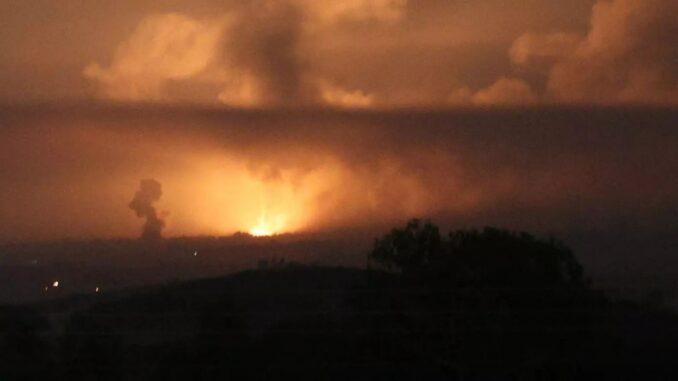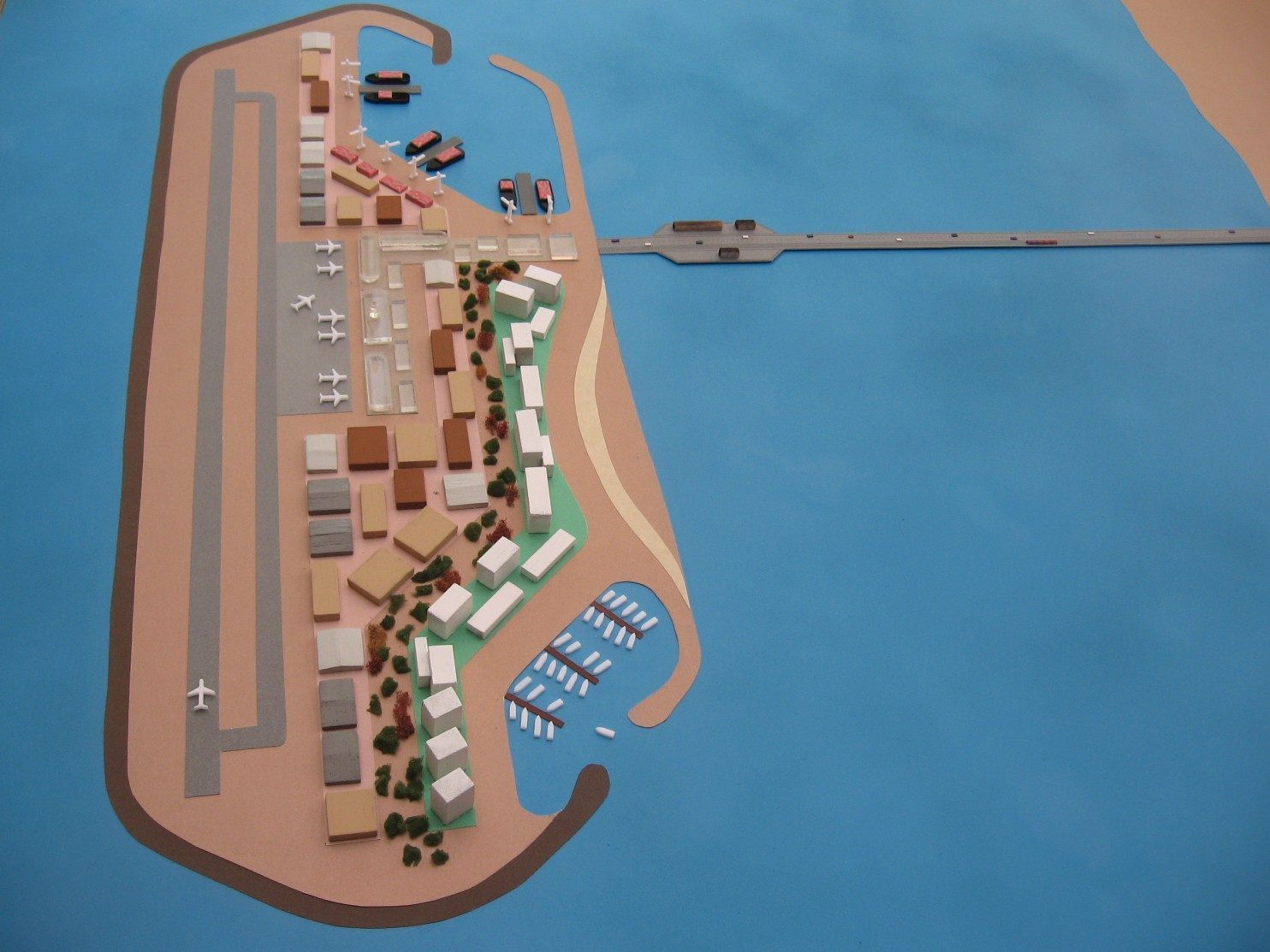
Ahead of Israel’s offensive clearly starting last night, its intense bombardment pummeled Gaza, severing all phone and internet services, leaving Palestinians in Gaza silenced. After hours of intense bombardment, information about Israeli atrocities, coming out of Gaza, has almost been blocked.
Ahead of its ground offensive on Gaza, Israel intensified its bombing campaign on the besieged Gaza Strip late on Friday, severing phone and internet communications in the embattled Palestinian territory, as explosions from Israeli air strikes lit up the sky over Gaza City.
The Palestinian phone service provider, Paltel, said in a statement that the relentless bombardment had destroyed “all remaining connections between Gaza and the outside world”, leading to the complete interruption of communications services.
The service outage comes as Israel plainly started its anticipated Israeli ground invasion of Gaza from three fronts.
Last Wednesday, Israeli Prime Minister Benjamin Netanyahu said that his government was preparing a “ground invasion”. But it was unclear on Friday whether the intensification of military operations was the prelude for a wider assault on Gaza.
The Israeli military told Reuters and AFP on Friday that it cannot guarantee the safety of their journalists currently working in the besieged Strip, In a letter written to the two international news agencies, the Israeli military urged them to take all necessary measures for their staff’s safety.
Late on Friday, UN secretary general Antonio Guterres pressed for a ceasefire, calling it a “moment of truth”.
“I repeat my call for a humanitarian ceasefire in the Middle East, the unconditional release of all hostages, and the delivery of life-saving supplies at the scale needed,” he wrote on X, formerly known as Twitter.
“Everyone must assume their responsibilities. This is a moment of truth. History will judge us all.”
A resolution co-sponsored by Jordan passed late on Friday, supported by 120 UN members, called for an “immediate, durable and sustained humanitarian truce” and demanded all parties comply with international humanitarian law and “continuous, sufficient and unhindered” provision of essential supplies and services into the Gaza Strip.
Fourteen members voted against the resolution, including Israel, the US, Hungary, Austria, Croatia, and Fiji.
Palestinian media and residents have said that Friday was the most intense bombardment they’ve faced in the war to date.
Jordan’s envoy to the UN on Friday said that Israel had already launched its ground invasion. Meanwhile, reports circulated on social media on Friday highlighted that Israeli tanks were trading fire with Palestinian resistance groups in Gaza as part of Israel’s incursion into the besieged enclave.
Hamas’s armed wing said that they had “foiled an Israeli ground incursion into Beit Hanoun and the east of Bureij”, according to Al Jazeera on Friday. The al-Qassam Brigades added that violent clashes with Israeli troops were ongoing. Beit Hanoun is a city in the northeastern part of the enclave, while the Bureij refugee camp is in the central Gaza Strip.
Israeli air strikes have turned towns and cities to rubble and killed more than 7,300 Palestinians, according to the Palestinian health ministry.
After Israel and the US had disputed the ministry’s casualty figures but on Thursday, the health ministry published a 210-page report detailing the names, ages, genders, and ID numbers of every person killed in the enclave.
US Defense Secretary Lloyd Austin has held near-daily phone calls with his Israeli counterpart, Yoav Gallant, to discuss operations; while senior US military officials with knowledge of urban warfare have also been dispatched to Israel.
David Schenker, a former State Department official, said earlier this week, according to MEE, that “US strength and standing in the region is going to be directly linked to Israel’s performance in the war.”
“Even worse than what happened on 7 October for the US, would be Israel getting bogged down in Gaza,” he said.
The New York Times reported on Friday that Saudi officials recently warned Washington that an Israeli ground incursion could be catastrophic for the region.
When US officials asked Israel what its plans for the Gaza Strip would be after a potential ground invasion, Israeli officials said they had no plan for the impoverished Mediterranean enclave – home to more than 2.1 million Palestinians – once they are done waging war there.
“The US is telling Israel they inherit the reality on the ground after a land invasion,” a former senior US official familiar with the Biden administration’s thinking said, according to MEE.
“And it’s not in anyone’s interest to be caught in a quagmire.”



